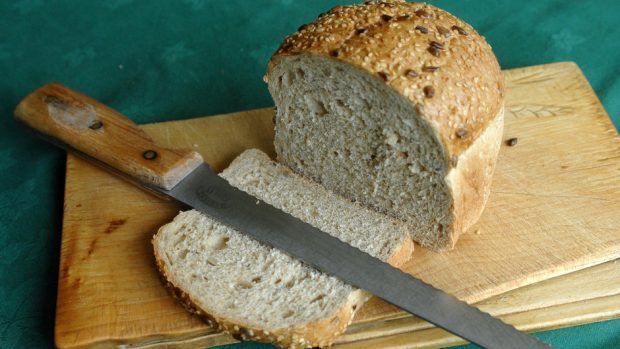A leading organic certification body has been accused of “mischief making” after it wrote to leading supermarkets and bread companies asking them to stop using wheat which has been treated with glyphosate ahead of harvest.
The letter from the Soil Association’s policy director, Peter Melchett, calls on retailers and bread makers to commit to only using wheat which has not had a pre-harvest spray of glyphosate, and in turn put a stop to farmers using the herbicide pre-harvest 2016.
The letter has been sent to Tesco, Sainsbury’s, Waitrose, Morrisons, Asda, Co-op, Marks & Spencer, Warburtons, Hovis, Braces Bakery, Allied Mills, the Bakers’ Federation and milling industry group NABIM.
In his letter, Mr Melchett asked the companies: “Will you ensure that all of the flour you source from this year’s wheat harvest in the UK comes from wheat crops which have not been sprayed with glyphosate immediately before harvest?”
He said the Soil Association was disappointed at the European Commission’s decision to extend the license for glyphosate’s use until December 2017, and the fact the authorisation was only for an 18-month period confirmed there were doubts about the product’s safety.
NFU Scotland hit out at Mr Melchett’s letter and accused the Soil Association of “mischief making”.
The union has long argued that the chemical is a safe and essential tool for Scottish farmers.
Its deputy director of policy, Andrew Bauer, said: “In large part glyphosate was re-authorised for 18 months because some chose to ignore scientific findings as to the substance’s safety, and instead lobbied using populist anti-science arguments.
“Pre-harvest use of glyphosate is regulated and safe. Whilst NFU Scotland is confident that retailers and bread manufacturers understand this and will act accordingly, it is disappointed with the Soil Association’s mischief making.”
